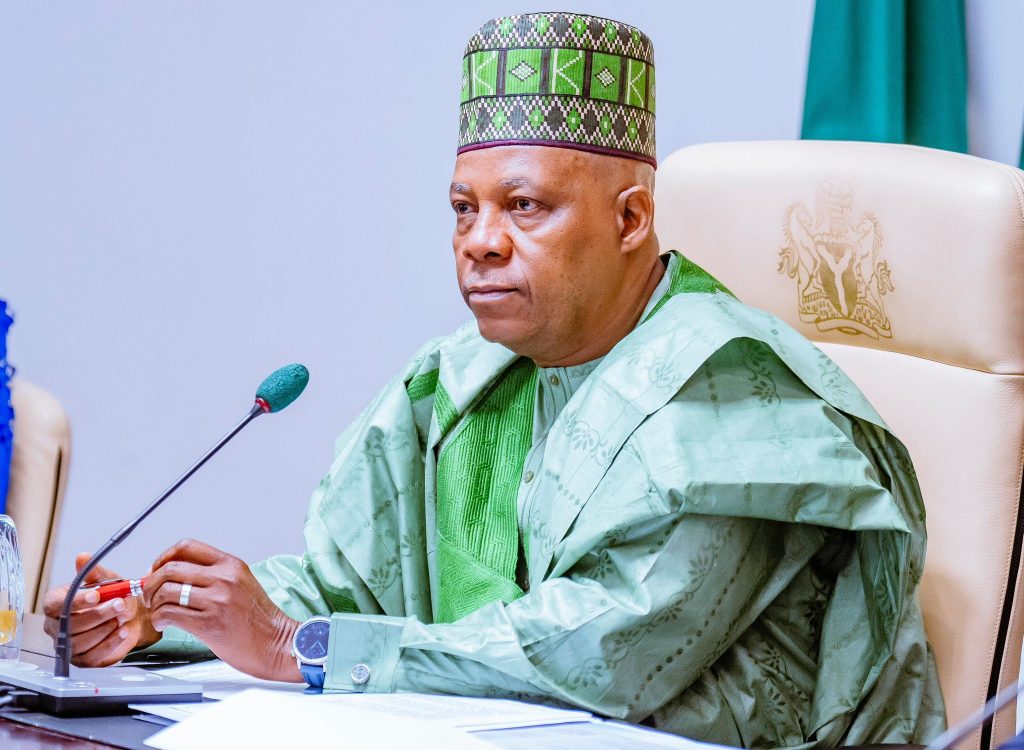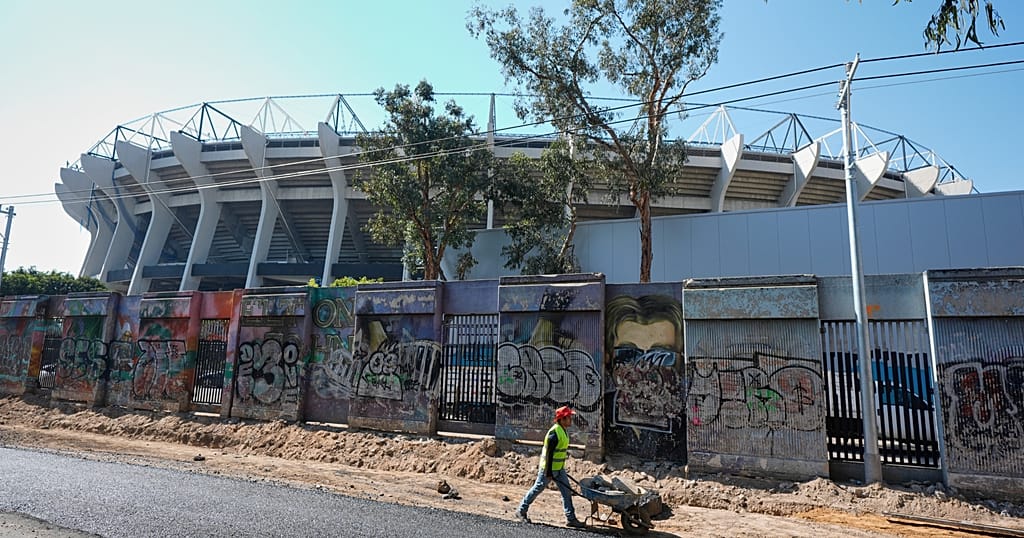The Democratic Republic of Congo’s High Military Court opened proceedings on Friday in a landmark trial targeting former President Joseph Kabila, who faces charges of “crime against peace” for alleged ties to the M23 rebel group. The case, long anticipated by observers of the country’s fractious politics, marks the first time a former Congolese head of state has been formally accused of collaborating with armed factions. Kabila, who governed from 2001 to 2019 and now lives in exile, is accused of complicity in M23’s devastating offensive earlier this year, which destabilized eastern Congo before a fragile June peace deal brokered with Rwandan involvement.
Prosecutors allege the former leader provided support to M23, a group accused of atrocities and territorial seizures that displaced over a million people. The rebels’ six-month campaign reignited decades-old tensions between Congo and Rwanda, which has faced repeated accusations of backing the militia—claims Kigali denies. While Kabila’s absence complicates the proceedings, legal experts note the trial could proceed in absentia under Congo’s judicial code. The court has yet to disclose specific evidence linking him to M23, though government statements cite intelligence reports and intercepted communications.
The case unfolds amid heightened political friction. Kabila, who handed power to current President Félix Tshisekedi after contested elections, has become a vocal critic of the administration, accusing it of authoritarianism. His supporters dismiss the trial as a “politically motivated charter,” while government officials frame it as accountability for years of instability. Eastern Congo remains a tinderbox of militia activity, with over 120 armed groups vying for control of minerals and territory. M23, composed mainly of ethnic Tutsis, first emerged in 2012 during Kabila’s tenure, citing marginalization—a grievance analysts say remains unaddressed.
Regional dynamics loom large. The peace agreement that paused fighting in June saw Rwanda commit to pressuring M23 to disarm, but distrust persists between Kinshasa and Kigali. Diplomatic sources indicate the trial’s outcome could strain relations further, particularly if Rwandan officials are implicated. Meanwhile, displaced communities express skepticism about judicial proceedings overshadowing urgent humanitarian needs. “We need peace, not courtroom dramas,” said a civil society leader from Goma, where shelling damaged hospitals and schools during the conflict.
Legal analysts emphasize the trial’s symbolic weight. “This isn’t just about Kabila—it tests whether Congo’s institutions can hold powerful figures accountable,” remarked a Kinshasa-based researcher. Rights groups urge transparency, noting the military court’s mixed record in delivering impartial verdicts. As procedural hearings begin, the case signals a pivotal moment for a nation grappling with the legacies of war and the elusive promise of justice.



